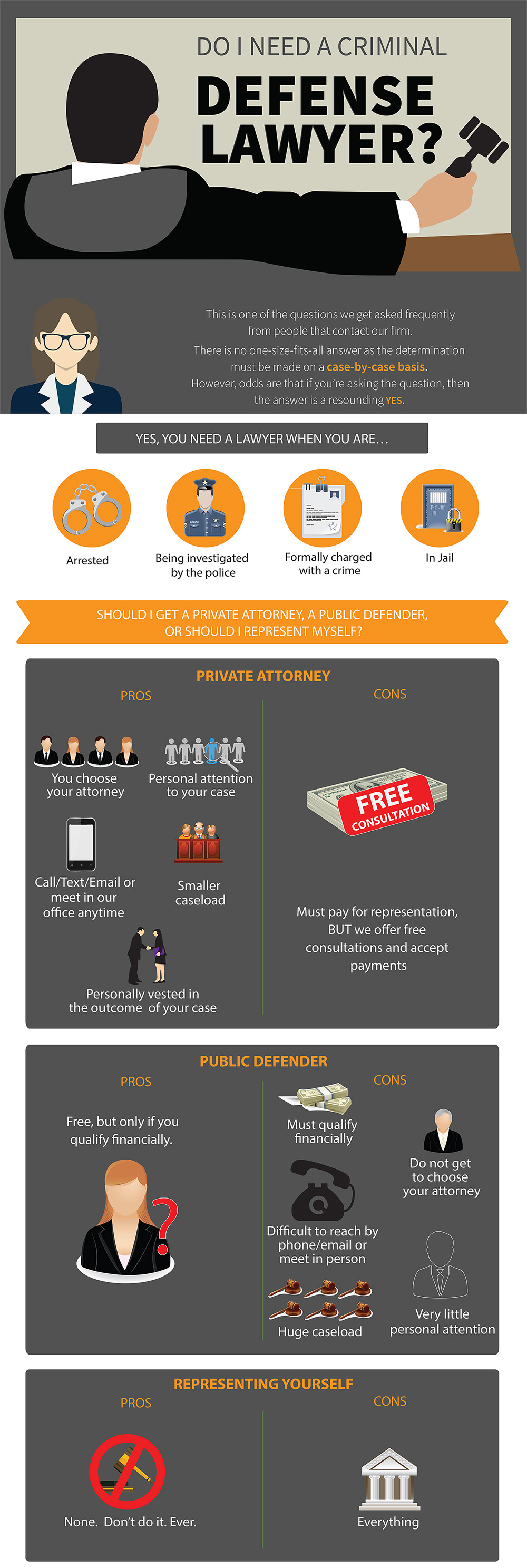You're in the hot spot, dealing with a criminal investigation. However do not panic. Comprehending your lawful civil liberties is important.
From the right to continue to be quiet to the right to legal representation, you have even more power than you assume.
This short article will certainly direct you via the labyrinth of regulations and treatments, guaranteeing you stay notified and shielded.
So, take a deep breath, and allow's look into the globe of your legal civil liberties throughout a criminal examination.
The Right to Remain Silent
You can remain quiet throughout a criminal examination. This essential right is protected by the Fifth Change of the USA Constitution.
When police officials are doubting you, you have the option to remain silent and not offer any kind of self-incriminating information. It's important to recognize the significance of this right, as anything you claim can be made use of against you in a court of law.
By remaining silent, you can stay clear of making any type of statements that might be misinterpreted or utilized against you later on. It's vital to exercise this right, even if you think you're innocent, as speaking without lawful advise present may bring about unexpected effects.
The Right to Legal Depiction
Deserving to legal depiction is critical during a criminal examination, as it enables you to have a trained and knowledgeable advocate on your side to safeguard your rights and offer guidance throughout the process. Here are three key reasons that having legal depiction is crucial:
1. Competence: An attorney is skilled in criminal regulation and recognizes the details of the legal system. They can give you with advice on how to navigate the investigation and ensure that your rights are safeguarded.
2. Examination Support: Your legal representative can perform their own investigation to collect proof in your favor. https://gazette.com/biased-jurors-cause-appeals-court-to-overturn-burglary-theft-convictions/article_ec001d00-49cc-11ed-978f-477737cd54a4.html can talk to witnesses, testimonial documents, and reveal any type of defects in the prosecution's instance.
3. Arrangement and Defense: A knowledgeable legal representative can discuss with the prosecution to possibly lower charges or protect an appeal bargain. If the instance goes to trial, they'll construct a solid defense approach to present your side efficiently and test the evidence against you.
Having lawful depiction is a fundamental right that can significantly influence the result of your instance.
The Right to Due Process
Experiencing a criminal examination, you're qualified to the right to due process, guaranteeing that your legal rights are safeguarded throughout the entire legal action.
Due process refers to the fair treatment and security of people involved in a lawful case. It assures that you'll be notified of the charges versus you, the possibility to present your protection, and a reasonable and impartial test.
During the investigative stage, police have to adhere to correct treatments, such as obtaining search warrants or arresting you with potential cause.
As the case proceeds to trial, you have the right to be represented by lawful advice, cross-examine witnesses, and present evidence in your favor.
The right to due process is a fundamental concept of justice that guarantees your legal rights are valued and guarded throughout the criminal justice system.
Verdict
As you navigate the maze of a criminal investigation, remember that your rights are like a tough shield, securing you from the storm of unpredictability.
Your right to continue to be silent maintains your words from being turned against you, while the right to legal representation stands as an assisting lantern in the darkest edges.
And the right to due process ensures that justice will certainly dominate, like a beacon of hope in an unclear night.
Accept these civil liberties, for they're your steadfast buddies in this tumultuous trip.
